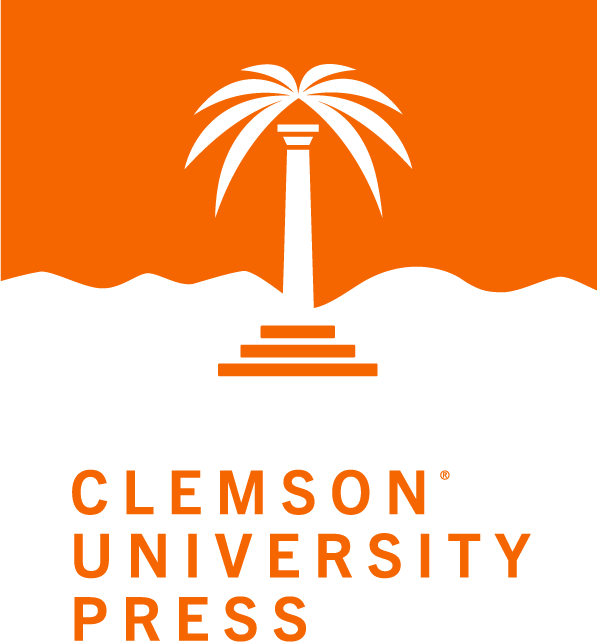In this blog post Adam Nemmers, author of American Modern(ist) Epic: Novels to Found a Nation, introduces the genre of modernist epic novel and reflects on the centennial anniversaries of the modernist movement.
American Modern(ist) Epic argues that a cadre of minority novelists revitalized the classic epic form in an effort to recast the United States according to modern, diverse, and pluralistic grounds. These modern(ist) epic novels undermined and revised the foundational ideology of the United States, modernizing the epic form in an effort to refound the nation.
As we traverse the first decades of the twenty-first century, we also silently observe various centennials of the modernist movement: December 1910, on or about which, according to Virginia Woolf, human nature underwent a fundamental change; the 1913 New York Armory show, which shocked the United States and introduced the avant-garde; the annus mirabilis of 1922, which saw the publication of The Waste Land, Ulysses, and Jacob’s Room. Any retrospective must also mark the discrepancy in the reception of these moments and the relative cultural vacuum of contemporary aesthetic and artistic movements—in 2021 who could imagine a fundamental change in human nature, a watershed cultural event, or the landmark publication of a literary work? These were the years of authorial personality and celebrity, before authors became famous for their reclusively, and lately for their anonymity. Suffice it to say that modernist writers were at times capable of exercising cultural leverage to an extent unimaginable for today’s authors.
As I explore in my book, American Modern(ist) Epic: Novels to Found a Nation, it was no accident that American authors during this era courted public spectacle, whether Gertrude Stein’s sensational American lecture tour, Richard Wright’s causing a kerfuffle while speaking to the Dutch Treat Club, or H. T. Tsieng’s standing on the street-corner, hawking copies of his self-published novel to passersby while giving an interview to The New Yorker. That is, they engaged not only in efforts to produce and promote their literary texts, but also strove to promulgate their ideology to the American public, an indication of the epic ambitions inherent to the works they published. I posit these authors (along with John Dos Passos) as progenitors of a genre I term the modern(ist) epic—at once modern and modernist, written in prose and about the present, in opposition to the ancient, poetic epic that dominated the Old World but for various reasons never really found purchase in the United States.
It is no accident, either, that these novels arrived during the interwar period (1919–1941), perhaps the most pivotal era in American history, when the United States emerged from isolationism and insularity as a modern nation with designs on international influence. These decades witnessed the passage of the Emergency Quota act and the rise of the KKK, tension and outright conflict between socialism, communism, and fascism, the Roaring Twenties juxtaposed with the Great Depression, and the failure of the international League of Nations to prevent another world war from occurring. Put another way, this was a contested period during which anything from retrenchment to reform to revolution seemed possible. Rather than to reify the nation and its people, as had been the mantle of epicists from antiquity, American epicists writing during this era sought to undermine many of the foundational ideologies of the United States (individualism, capitalism, progress, white supremacy) and instead to re-found it on grounds of pluralism, diversity, and equality.
Some hundred years later the same questions are still being asked—about equity and equality, capitalism and individualism, progress and conservation, and, as ever, just what is an American and whose country this is. Yet the epics of the twenty-first century are decidedly apolitical, or at least principally devoted to the sort of entertainment that elides polemicism, looking to the world of fantasy, or science fiction, or outer space, rather than inward to the nation and its people. Our epics are produced by auteurs rather than authors, namely in blockbuster films, whether series like the Marvel Cinematic Universe, Star Wars, or The Lord of the Rings, or standalones such as Avatar, The Matrix, Inception, and Gladiator. This trend perhaps reached its zenith (or nadir) with the release of a 2007 film literally titled Epic Movie, which spoofed then-recent films like The Da Vinci Code, Pirates of the Caribbean, Harry Potter, and Charlie and the Chocolate Factory. While Epic Movie was—to put it politely—trash, the litany of epic films has grown, if anything, even as the word “epic” has become so broad a signifier as to have virtually lost its meaning. Yet the popularity of these epic film franchises also demonstrates our nation’s appetite for the expansive and encompassing: in the movie theater, everyone can have the shared experience of sitting together and facing the same direction, if only by dint of not seeing or talking to one another.
The United States is now more diverse and divided than it was a century ago: politically, racially, geographically, and ideologically. An American “national book” could go a long way toward defining and uniting our nation—yet who would dare to publish it as such, and who would bother to read it?
For more information on American Modern(ist) Epic please visit the book’s page on our website.


